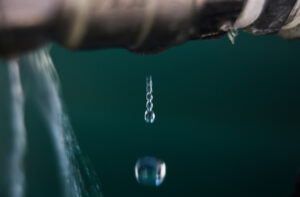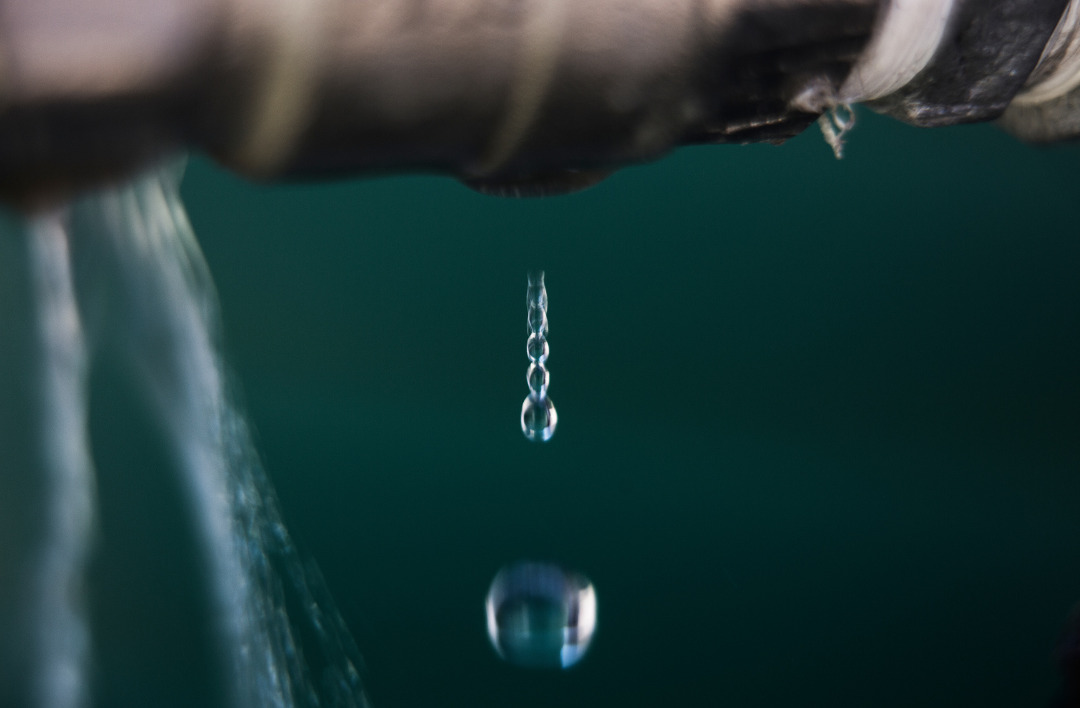Discovering a leak in its earliest stages can save you from costly water bills and extensive property damage. If you’re suspecting a leak but aren’t quite sure where it’s coming from, this plumber’s guide will walk you through the process of detection, ensuring your peace of mind.

Step 1: Keep an Eye on Your Water Bill
A sudden, unexplained increase in your water bill is often the first sign of a potential leak. Comparing current usage to previous months can help you determine if there’s a significant change that needs attention.
Step 2: Conduct a Meter Test
Shut off all water in your home, including faucets, dishwashers, and washing machines, and record the water meter reading. Wait for 1-2 hours without using any water and check the meter again. If it has changed, you likely have a leak.
Step 3: Use the Food Coloring Test for Toilets
Toilets can be a common source of leaks. To check, add a few drops of food coloring to the tank and wait about 30 minutes without flushing. If the color shows up in the bowl, there’s a leak in the toilet flapper or valve.
Step 4: Inspect Faucets and Showerheads
Look for drips or puddles around faucet bases and showerheads. Listen for drips and examine fixtures for any water that shouldn’t be there. Simple repairs like replacing washers or gaskets can often fix these issues.
Step 5: Check Outdoor Connections
Leaks can also occur outdoors. Regularly inspect hose bibs, spigots, and irrigation systems. Look for wet spots in your yard, which could indicate an underground leak.
Step 6: Monitor the Water Heater
Check your water heater‘s pressure relief valve and the area around it. Water pooling or signs of corrosion can signal a leak.
Step 7: Look for Signs of Corrosion on Pipes
Corrosion can lead to leaks. Look for green or white buildup on copper and brass fittings and on shutoff valves.
Step 8: Check Walls and Ceilings for Water Stains
Water stains on ceilings or walls are indicative of a leak. Be sure to also inspect under sinks and in the back of cabinets.
Step 9: Listen for Running Water Sounds
When it’s quiet, listen carefully for the sound of running water. This can help you pinpoint the location of a hidden leak.
Wrapping Up: When to Call a Professional
While these steps can help homeowners detect many leaks, some may be elusive or located in areas that require professional tools and expertise. If you’ve gone through these steps and still suspect a leak, or if you’ve identified one but need help fixing it, it’s time to call in the professionals from Plumb Smart.
Our expert team is equipped with the latest in leak detection technology and can resolve any plumbing issue you’re facing. Don’t let a leak disrupt your life—contact us today and let us take the worry off your hands.
SCHEDULE OUR PLUMBERS
Schedule one of our plumbers when it comes time to call a plumber to help find the leak. We offer guranteed pluming work, and decades of experience.
Check out our customer reviews to see why clients love our plumbing services!
